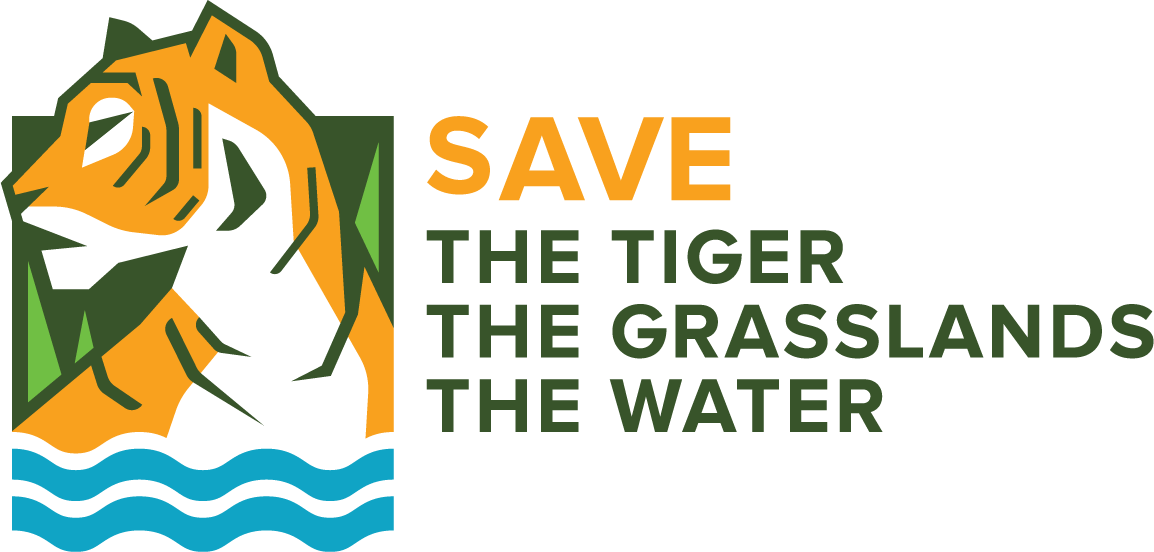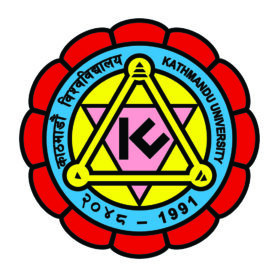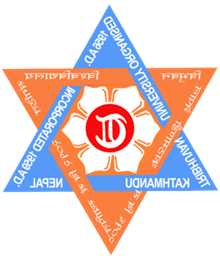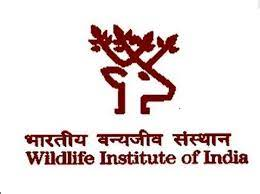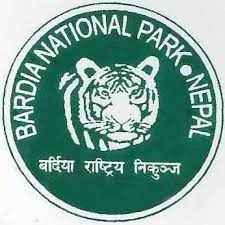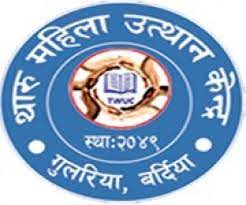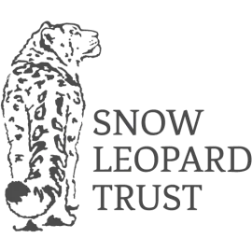Kathmandu University is one of the major universities in Nepal. It’s an autonomous, not-for-profit, self-funding public institution. They are dedicated to maintaining the standard of academic excellence in various classical and professional disciplines. We will cooperate with them on knowledge utilisation in Nepal. Their participation guarantees that Nepalese students will be involved, i.e., the new generation of environmental professionals. They will learn from the results of this project via specialised education programs and some of them will become actively involved in the project.
Tribhuvan University is one of the major universities in Nepal. It’s an autonomous, not-for-profit, self-funding public institution. They are dedicated to maintaining the standard of academic excellence in various classical and professional disciplines. We will cooperate with them on knowledge utilisation in Nepal. Their participation guarantees that Nepalese students will be involved, i.e., the new generation of environmental professionals. They will learn from the results of this project via specialised education programs and some of them will become actively involved in the project.
Wildlife Institute of India is the national research institute on nature conservation and wildlife. WII offers training program, academic courses and advisory in wildlife research and management. The Institute is actively engaged in research across the breadth of the country on biodiversity related issues. WII will be involved in the research and knowledge dissemination activities.
The Office of Bardia National Park is a governmental organisation which major responsibility is managing the National Park and conserving the wildlife. Their task also includes the support of people that live in buffer zone adjacent to the park.
Sensing Clues Foundation is an official Public Benefit Organisation that makes technology, techniques, and expertise available to promote the protection and safeguarding of nature and nature conservation areas, plants and animals. Their biomonitoring products are of high interest for citizenscience.
The Buffer Zone User Committee of Bardiya is an important stakeholder organisation as the people behind this committee are most strongly faced with all the positive and negative developments in and around the national park. Tharu Women Upliftment Centre and Ujayalo Nepal are both community-oriented NGO’s that are important stakeholder organisations as well.
Smartphones For Water Nepal is a non-profit organisation and its goal is to leverage smartphone technology to gather water data in countries where such data are scarce. S4W mobilises young researchers and citizen scientists with simple field data collection methods, low-cost sensors, and a common mobile data collection platform that can be standardised and scaled.
ICIMOD is an intergovernmental learning and knowledge sharing centre serving the eight countries of the Hindu Kush Himalaya (HKH). It uses multidisciplinary approaches to stimulate sustainable development and economically and environmentally sound mountain ecosystems. Logically, water is one of their focal points. ICIMOD performs high-level regional studies in Nepal on which we will build. ICIMOD will also bring in practical knowledge on water management in the Himalayas and the Terai.
The Nature Conservation Foundation is a leading non-profit conservation research organisation in India. Its goal is to contribute to the knowledge and conservation of India’s unique wildlife heritage with innovative research and imaginative solutions.
The international Snow Leopard Trust is dedicated to studying and conserving snow leopards and their high mountain ecosystems in the HKH. The snow leopard and tiger share in common that they are endangered and protection of their vulnerable habitats is of utmost importance.
Prof. em. Herbert Prins has unique international expertise on wildlife conservation and we are glad that he will be our advisor. He has already been involved in ecological research in Bardia National Park for more than five years.
